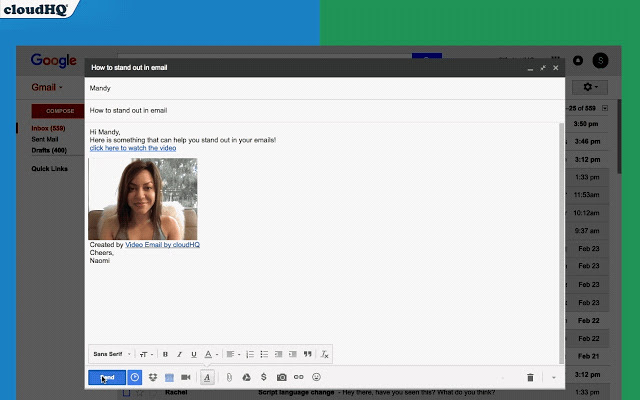If you’re looking to grow your property’s revenue, hotel group sales is something you cannot ignore. Hospitality sales expert and popular columnist, Doug Kennedy, shares ideas that will make your sales team more effective and efficient in this field.
If your hotel is looking to capture a larger share of the group and catering sales market here are seven training tips for your next sales meeting.
1. Use Video Email
The hottest thing I have discovered this year is the new platforms for sending video email correspondence. Imagine a hotel catering manager on Saturday night as a wedding is being set up on the lawn sending personalized video emails to his or her list of brides saying “It’s a beautiful evening here—this is what yours will look like if you give us the opportunity!” Or, picture a corporate hotel sales manager sitting in front of a logo-themed backdrop looking into the webcam and expressing how much they want to host the meeting.

2. Respond Both in and Outside of the Planning Platform
When receiving leads via online platforms such as the local convention and visitors bureau, the hotel brand meeting planner portal, CVENT or social sites, respond both in and outside of the platform. Of course, sometimes this is not possible as the sender’s information is masked, and a few directly say not to.
Otherwise, to make sure your information makes it through and gets noticed, respond outside of the platform with a quick voicemail, email or even better—a personalised video email —to say, “Just a quick note to thank for your inquiry and ensure that you received my details and also to let you know that we’d really love to have a chance to host your group/event here.”
3. Personalise Your Email Signature
Include your headshot to make it more personal. Also include your direct phone, Linkedin and social media contacts and especially your email. I realise the email address is in the sender field, but putting it down in the signature area makes it easier for the receiver to cut and paste it elsewhere.
4. Make Phone Calls to Follow Up
In addition to making a quick phone call to ensure that the prospect received your information, make a quick phone call to follow up to “see what else we can do on our end to win the chance to host your meeting/event.” If your planner does not want to talk, they won’t pick-up, but they probably will listen to your message especially if it is brief and to the point. More and more of us are receiving voicemail as email attachments from our VoIP systems these days, and it’s easier than ever to replay them.
5. Offer to Contact the Prospect via Skype, Facetime or WhatsApp
Especially for social function planners, offer to contact your prospect via video phone options to make a personal connection and to stand out.

6. Offer Virtual Tools via Screen-Sharing Programs
Since it is harder than ever before to get prospects out for site inspections and FAM tours, rather than just sending web links and photo attachments, use screen-sharing tools to walk them through various images, room set-up diagrams, and virtual tours.
7. Fully Commit to Using Your Sales Lead Tracking System
Whether you are using Delpi, Opera Sales & Catering, Salesforce, or any other system, ask everyone to commit fully to using all of its features. From what I see when conducting sales process assessments, most seem to be primarily using their systems solely to track meeting space and room blocks.
With so many planners using online platforms to send RFPs these days, often to dozens of properties with a click of a button, there are just too many leads floating around to optimally track any other way. Also, with planners able to fire off an email or text at every whim, the details are scattered about in multiple messages.
Most salespeople try to manage sales activities in one of two ways. Some keep everything in Outlook, “flagging” emails for follow-up or using “tasks” or calendar appointments, requiring time-consuming searches. Each salesperson has their own quirky way of organizing their Outlook folders, making it nearly impossible for anyone to check histories when a salesperson is missing or has exited the company.
Alternatively, I see other sales managers clinging to the comfort zones of their manual paper trail systems. Their desks are cluttered with folders saying “definite” “tentative” or “lost” and/or labeled with the names of key accounts or segments. Others have lead sheets organized into three-ring binders. Either way, inside there are way too many leads that are dead or past due for follow-up.
Let me be clear—there are definitely plenty of extremely well-organised hotel salespeople using manual systems; however, I am certain that they would be that much more organized and efficient if they made this transition.

The only way to move forward is for everyone to embrace the same system, enter all call notes and trace every next step on the activity list. One key objection is that it takes too much time to enter a new lead or to document calls and emails. To overcome this, use a stopwatch as a sales manager enters these tasks; you will find it takes only minutes.
This article was originally published at www.HotelNewsNow.com and was edited and republished with permission from Doug Kennedy.
